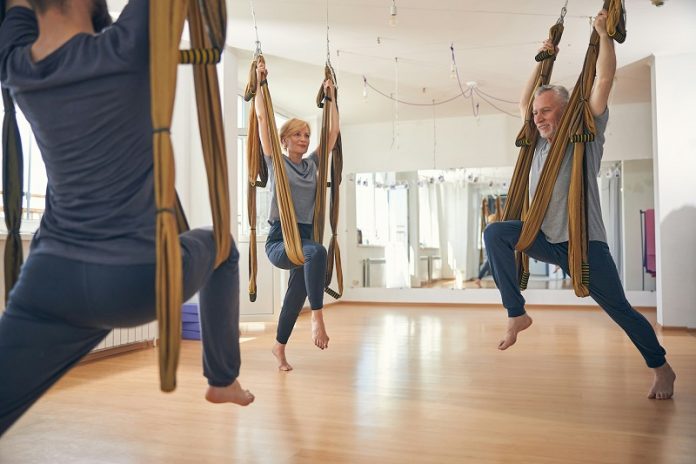
A new study has shown that regular physical activity can help older adults stay mentally and physically strong, especially when they’re feeling mentally tired.
The research, published in the Journal of Aging and Physical Activity, was carried out by teams from the University of Birmingham in the UK and the University of Extremadura in Spain.
As people get older, their ability to focus and move quickly can decline, especially when they’re mentally fatigued after a long or difficult task.
The researchers wanted to find out if regular exercise could reduce these negative effects.
In one part of the study, researchers tested men between the ages of 65 and 79 who didn’t exercise regularly.
Compared to a younger group aged 52 to 64, the older men performed worse on mental and physical tasks.
These differences became even more noticeable when the men were mentally fatigued.
In another part of the study, the researchers worked with retired men and women aged 66 to 72. They compared people who were physically active with those who weren’t.
The results showed that the active group did better on both mental and physical tasks—whether they were rested or mentally tired.
Professor Chris Ring from the University of Birmingham, one of the study’s lead authors, said the findings highlight how valuable regular physical activity is for older adults. He explained that staying active helps protect against the negative effects of mental fatigue, such as slower thinking and reduced physical performance.
Regular exercise was also linked with better overall physical fitness, stronger thinking skills, and greater ability to handle mentally tiring situations. In short, people who exercise regularly are better prepared to perform well, even when they’re feeling mentally drained.
The research also confirmed that mental fatigue can significantly affect older adults’ ability to perform both mental and physical tasks, and these effects are worse in people who don’t stay active.
Professor Ring offered a few helpful suggestions for older adults who want to do better in demanding or tiring situations. First, increasing daily physical activity can make a big difference. Second, doing both mental and physical warm-up exercises before a task may help improve performance. Finally, a special training method called Brain Endurance Training (BET), which combines physical and mental tasks, may help people build greater resistance to mental fatigue over time.
This study is part of an international effort to better understand how physical activity supports healthy aging. It shows that regular exercise is a simple yet powerful way for older adults to stay sharp, strong, and ready for life’s challenges.



